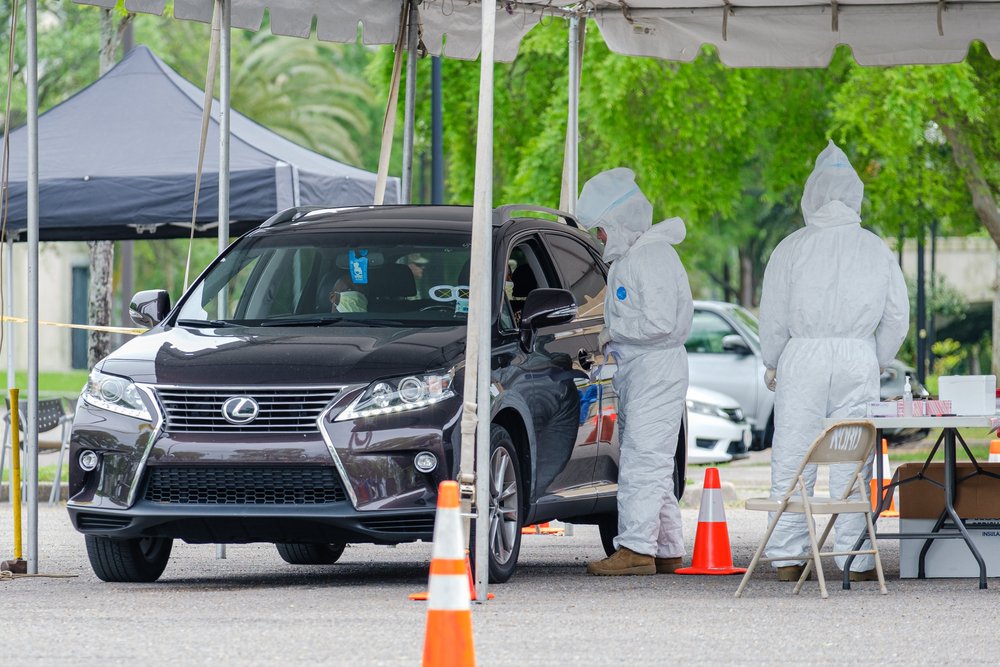
Critical Incidents
Government
In government settings, critical incidents encompass many situations beyond a pandemic and natural disasters. These include political unrest, terrorist attacks, economic crises, public health emergencies, technological and industrial accidents, cybersecurity threats, infrastructure failures, environmental crises, warfare, and political scandals. Each scenario presents unique challenges and requires specific responses from government officials. It is essential for these leaders to recognize their vulnerability to such events and to be prepared for the diverse range of crises they may face.
Below is a list of types of critical incidents that can occur in government settings, demonstrating the breadth and complexity of potential crises:
Unexpected death of an employee
Anticipated death of an employee
Serious injury to a colleague
Severe illness of a fellow employee
Witnessing a particularly disturbing incident
Suicide of a co-worker
Murder/suicide involving a current or former employee
Assault on one or more employees
Explicit threats of violence towards employees or their families
Employee hostage situations
Catastrophic equipment failure causing death or injury (e.g., electrical accidents)
Robbery incidents
Sexual assault or threats thereof
Natural disasters (e.g., earthquakes, fires, floods)
Technological disasters (e.g., communication system failures, radioactive leaks)
Operational decisions leading to death or serious injury
Decisions impacting civilian safety resulting in harm or death
Political decisions leading to casualties
Investigations by Occupational Safety and Health Administration (OSHA)
Security breaches causing harm or fatalities
Working under the threat of Weapons of Mass Destruction (WMDs)
Incidents with strong sensory triggers (e.g., the smell of blood or gas)
Personal connections to the victim(s)
Identification with the victim(s)
Victims resembling themselves or a loved one
Multiple traumatic events in a short timeframe
Failed prolonged resuscitation efforts
Handling distraught and demanding colleagues
Incidents that impair one’s ability to function
Each of these incidents can have profound implications for the well-being of employees and the operational capacity of government entities. Recognizing and preparing for these diverse critical incidents is key to maintaining effective governance and supporting the mental health and resilience of government personnel.
If there's uncertainty about exposure to a critical incident within your organization, it is recommended to seek a consultation with Dr. Brown. He can assist in evaluating the incident and advising on an appropriate response.